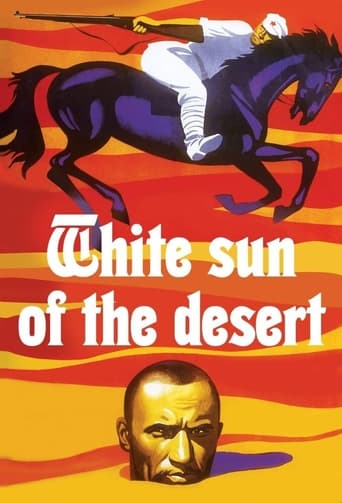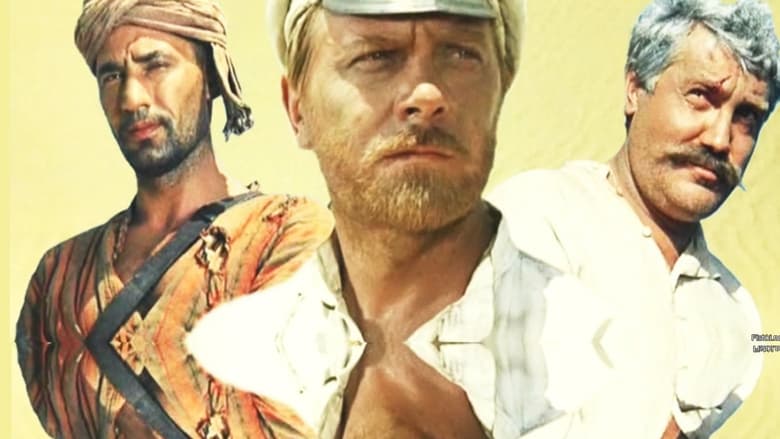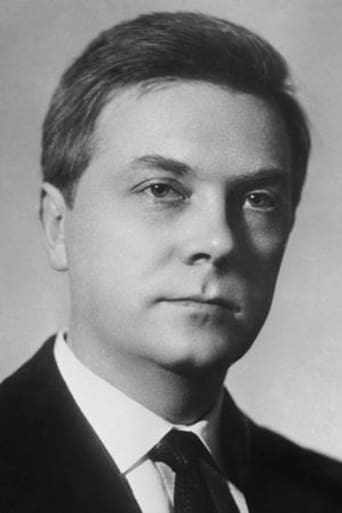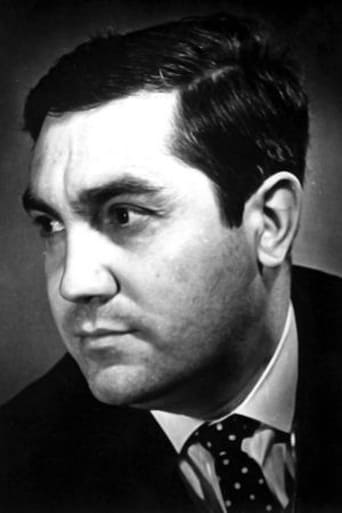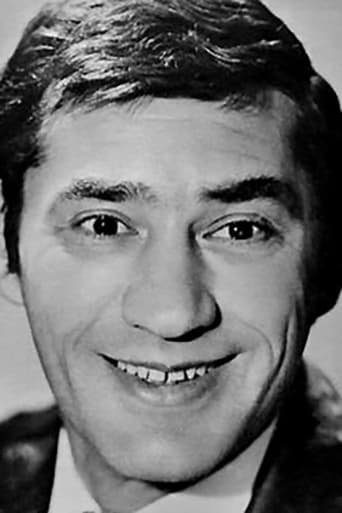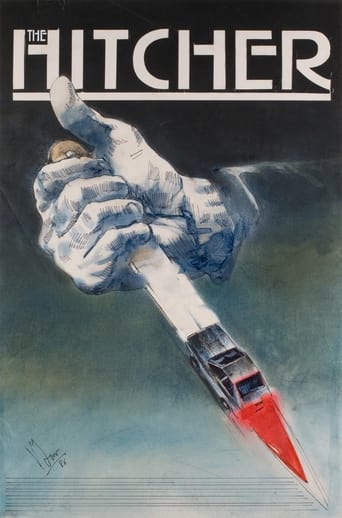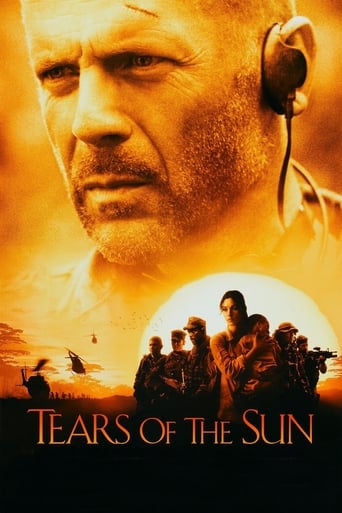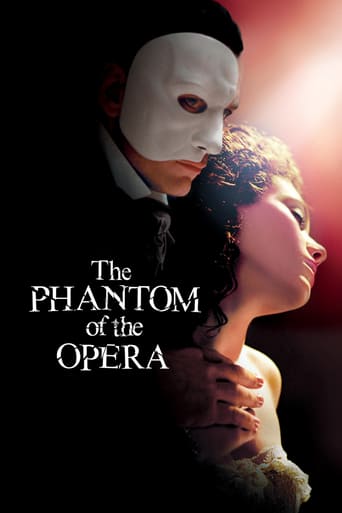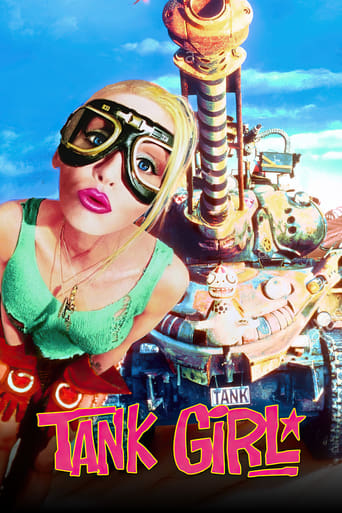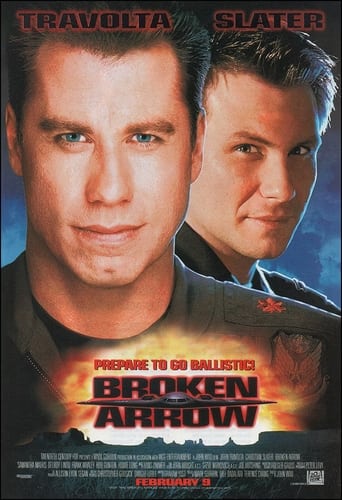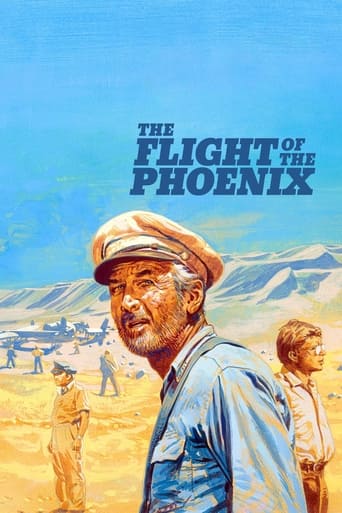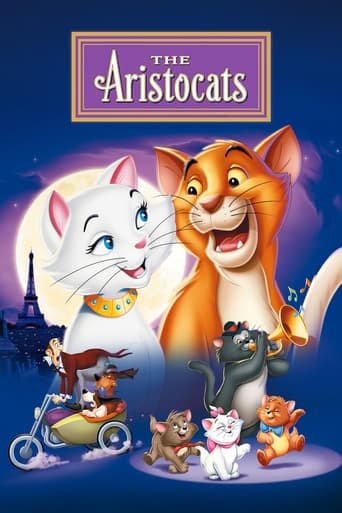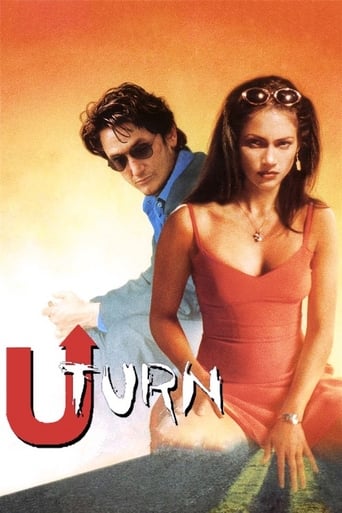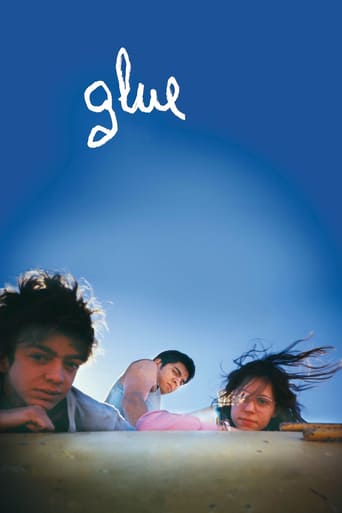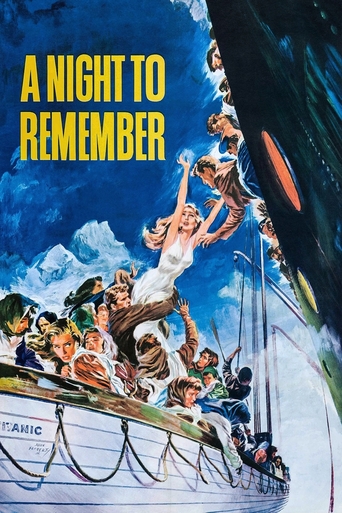The White Sun of the Desert (1969)
The setting is the east shore of the Caspian Sea (today's Turkmenistan) where the Red Army soldier Fyodor Sukhov has been fighting the Civil War in Russian Asia for a number of years. After being hospitalised and then demobbed, he sets off home to join his wife, only to be caught up in a desert fight between a Red Army cavalry unit and Basmachi guerrillas. The cavalry unit commander, Rahimov, "convinces" Sukhov to help, temporarily, with the protection of abandoned women of the Basmachi guerrilla leader Abdullah's harem. Leaving a young Red Army soldier, Petrukha, to assist Sukhov with the task, Rahimov and his cavalry unit set out to pursue fleeing Abdullah.Sukhov and women from Abdullah's harem return to a nearby shore town. Soon, looking for a seaway across the border, Abdullah and his gang come to the same town...
Watch Trailer
Free Trial Channels
Cast


Similar titles
Reviews
Thanks for the memories!
A brilliant film that helped define a genre
While it is a pity that the story wasn't told with more visual finesse, this is trivial compared to our real-world problems. It takes a good movie to put that into perspective.
Yes, absolutely, there is fun to be had, as well as many, many things to go boom, all amid an atmospheric urban jungle.
It's immediately clear why White Sun of the Desert has earned a place in history as one of the best Russian films of all time. It is an excellent blend of comedy, drama, and action.The film opens up with a contrasting set of scenes between the main character's homeland and the desert he is currently in. In a matter of seconds, we understand why Sukhov is frustrated at his situation, and sympathize with him when he screams how badly he wants to leave. Excellent camera-work helps convey this. Indeed, when we are in the desert with Sukhov, time seems to pass more slowly. When he finds Sayid, we pause with Sukhov before giving him water, and even more until digging him up. Meanwhile, as soon as Sukhov is dreaming, music picks up and we feel his happiness. Along with music, there is excellent lighting, which really comes out as Sukhov is talking to the museum curator. The camera does a fine job capturing scenes under the sun, and views actors from perfect angles.What I loved was that the film never took itself too seriously. When Vereschagin. refuses to eat his caviar, he looks more like a child than the famous Vereschagin. He's much more real afterwords, having shown us both noble and amusingly silly parts of his character. At the same time, this does not mean he cannot be admired; his final fight is one of strongest moments in the adventure, and we cannot help but cheer for him.Perhaps my favorite part of this movie is its ending. There is the sadness of Vereschagin's death, true, and we aren't sure if Sukhov makes it back home, but the overall feeling is still happy, and hopeful. The audience is encouraged to believe that whatever happens to Sukhov, he has already won. I preferred this much more than the blatantly sad ending of Ivan's Childhood, or the uncertain finale of Commissasar. It is the film's strongest suit; Sukhov might very well die before getting to see Katerina again, but it would only be a death in the literal sense. In the more noble figurative sense, he is already triumphant, and will live on forever in the minds of the people he saved. The movie is a must-see because it achieves this level of nobility in its main character, while maintaining an action-plot and comical side-characters.
I have seen the impact that the American Western had on the Italians ("The Good, the Bad, and the Ugly") and now I have seen its influence of the Russians. This "Ostern" tackles the subject matter of civil war, bigamy, and death with a wonderful lack of pretense that is expected from a John Wayne movie; all that has changed are the ideologies. With a little more in common with "Lawrence of Arabia" than just sand the movie focuses on an unextraordinary man forced to rise to the occasion of being a hero. The lead is extremely engaging as a man who never looses his laid-back attitude even as soldiers pour oil around him and the many wives. His fidelity to his farm wife provides for the movie's highlight. He imagines his wife surrounded by the entire harem performing chores around the field. The clashing of East and... well, further East provides for many comical situations. The way the harem acts around the men in the museum is countered by the men lusting after them.
I like this movie very much. It is even useful, I can keep my Russian on good level by watching it from time to time, it is really possible to watch it over and over again. DVD with subtitles is great with extras including the story of the film by the director, which I found very interesting. You can learn some 'classical' aphorisms from this movies. Like the one Vershagin says 'I feel sorry for the superpower..' really actual after the collapse of the Soviet Union. Letters from Sukhov to his wife are also pearls of this film. The scale of Sukhov is also amazing, from a warrior to lyrical romantics through a good fellow with vodka.
If you are remembering the significance of GWTW ("Gone with the Wind") for American culture, you may believe me: The significance of BSP for Russian culture is something like that. The song from BSP (lyrics by Bulat Okudzhava, music by Isaac Schwarz) became the best favorite song in Russia.In 1995 BSP was voted and proclaimed the best favorite Russian movie.

